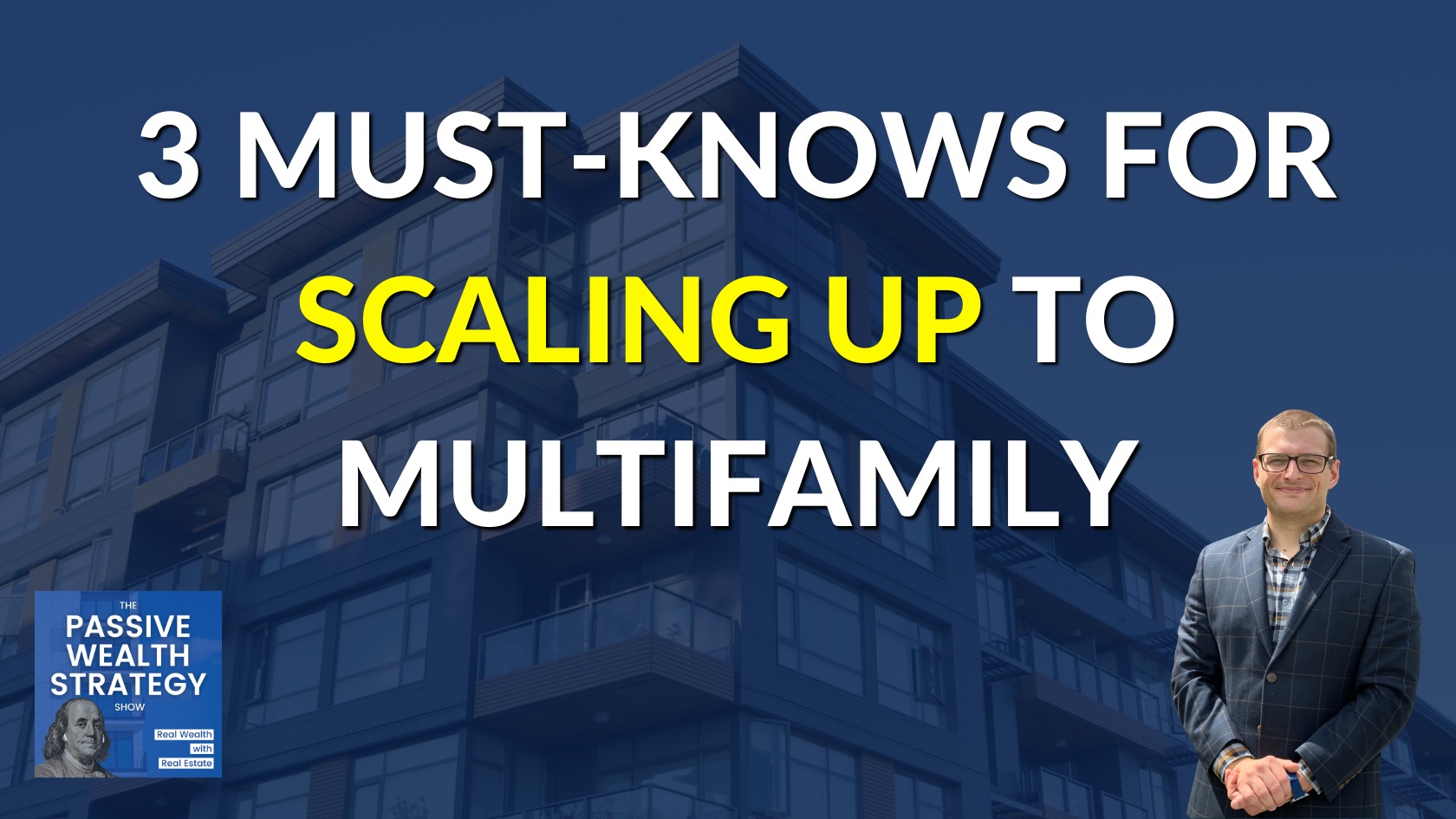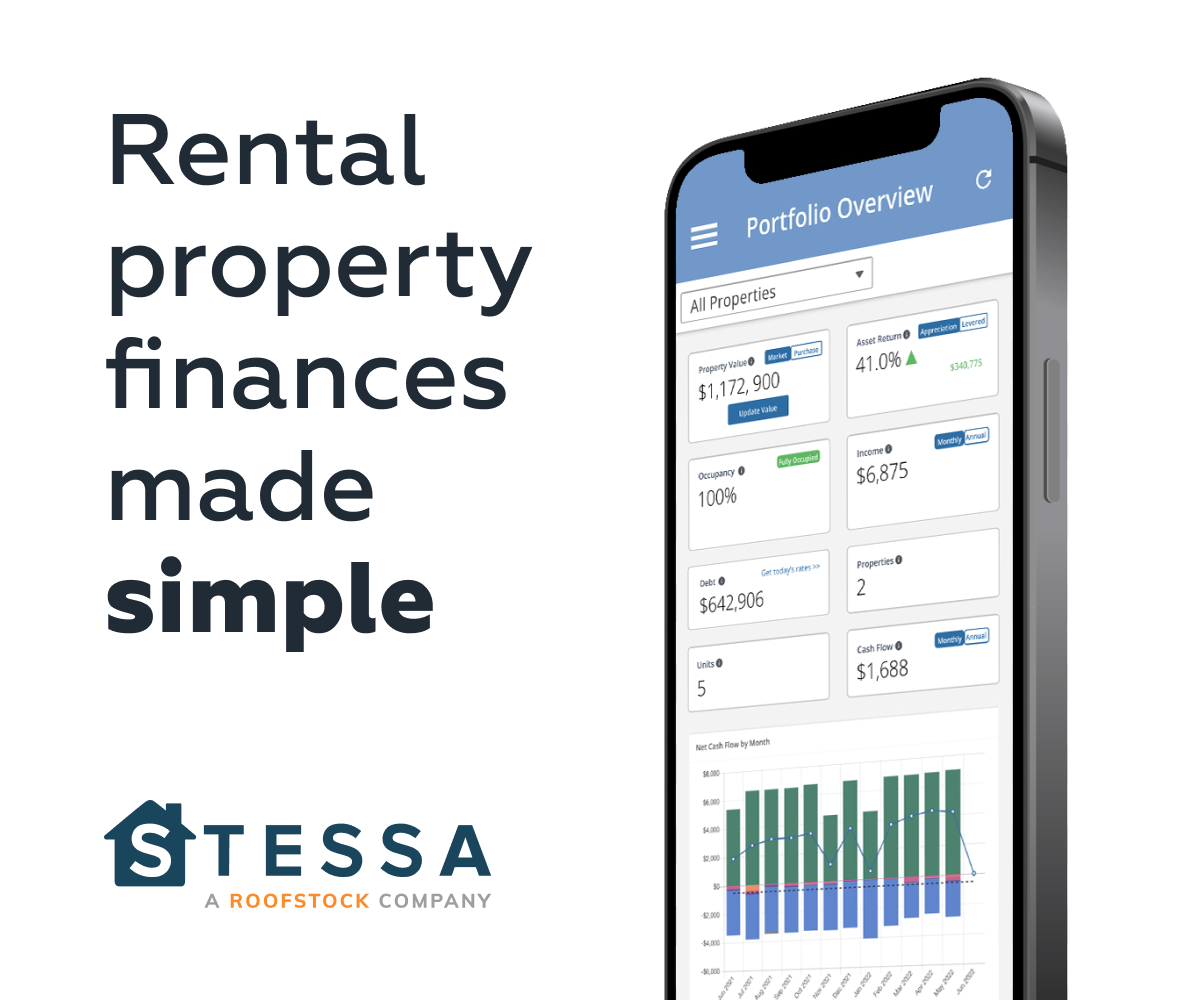
3 Must-Knows for Scaling up to Multifamily
Scaling up to multifamily can be an excellent way to grow your real estate portfolio and increase your cash flow. However, the process of investing in multifamily properties can be complex and daunting, particularly for new investors.
In the last few years there has been a wave of investors are eager to dive into multifamily. Those new investors often overlook some of the most critical factors that can impact their success. In this post we’ll dig into three common mistakes I’ve seen new multifamily investors make time and time again.
Take time to understand these often overlooked risks. By learning from those of us who have been there and done that you can take steps to avoid these risks and set your deals up for success.
1. You must manage your property manager
Experienced investors will tell you that your Property Manager is key to your deal’s success. And they’re absolutely right.
But Property Management Companies are far from equal, and none of them will fully take on the responsibility for executing your business plan. That’s your job.
Property Managers are only there to ensure the day-to-day operations of your property, but you need to make sure they steer the ship in the right direction.

Sorry – you can’t just hire a PM and go on vacation.
New investors tend to (mistakenly) think they can hire a PM, step back, and immediately retire on the cash flow. That is a recipe for unpaid rent, low occupancy, lagging rents, and all kinds of other bad things. It’s your responsibility to make sure the PM is sticking to the plan & operating the property in line with your business plan.
I’ve seen many cases of new multifamily investors selling their single families, scaling up to bigger deals, and losing their shirts because they didn’t manage their new property managers.
A solution to consider
For properties of 80 units or more, consider having weekly meetings with your Property Manager. The agenda of that weekly meeting is up to you, but typically you’d want to go over:
- Current Occupancy
- Current rental incomes & rates
- Late rents & Eviction statuses
- Move ins, Preleases, Applications, etc.
- Renovations: pending, in progress, completed, etc
For smaller properties the weekly meeting may not be viable, because they can take quite a bit of your PM’s time. No matter what, have regular times where you review the financial and physical status of your property and hold your property management accountable.
This is a two way street! Be sure to remain responsive to your PM’s feedback. They may have great recommendations on marketing channels, renovations, rents, and many other aspects of your business!
2. Age of your property matters. A lot.
Real estate gurus almost never talk about how important your property’s age is. They want to hype you up on the dream of multifamily and set you loose on the world! Let’s stay grounded in reality, shall we?
Age is a factor in many aspects of your investment and experienced investors always consider age when formulating their business plan.

Newer properties simply need less upkeep
The two biggest ways older properties are more difficult are lower potential rents and higher costs for turns, repairs, and maintenance.
New investors are often tempted to buy older properties because they’re generally cheaper than newer properties. And that’s okay! The issue comes when those new investors don’t adequately account for the property’s age in their projections and budgeting.
Your new-to-you 1960s build apartment complex will cost more to maintain than the brand new construction complex right up the street, and because of your property’s likely outdated design, it won’t earn as much in rent. The key is to do your due diligence and market analysis and be sure to buy at the right price with enough cash in the bank.
Mistakes when buying older properties
- Not having a plan: When you don’t have a plan, you end up making decisions based on emotion instead of logic, which can lead to poor choices! Business plans are critical in real estate.
- Underestimating repair costs: Repairs and capital expenditures can be a huge part of one’s budget when buying underperforming investment real estate. Rookies don’t know which landmines and pitfalls await them inside the walls of their buildings! Nuances such as issues with buildings built in the 1970s, plumbing and electrical nightmares, and rodent infestations can end up costing rookies dearly.
- Buying in a bad location: Location, location, location! This is one of the most important aspects of any real estate investment. Not understanding the neighborhood you’re buying in could lead to occupancy and cash flow problems down the road.
- Insufficient Operating Reserves: Even the best-performing properties can have down months. A well-funded operating reserve can help you get through these tough times without having to sell your investment property prematurely.
3. You must deeply understand your financing
Multifamily properties over 5 units are commercial real estate. This fact has a big impact on how multifamily properties are valued and financed.
Commercial real estate debt typically has several terms, conditions, and other features that are different from single family mortgages. Some of these differences, if you don’t understand them, can get you in a heap of trouble.

Commercial real estate debt can have several terms and features that differentiate CRE debt from single family debt. Those terms can include, but are not necessarily limited to: variable interest rates, balloon payments, interest only periods, and prepayment penalties.
Many new CRE investors have lost money because they did not deeply understand these terms. Note, however, that every loan is different.
Let’s go over each of those pieces of CRE debt.
Key terms to watch out for
Variable interest rates:
Many CRE loan products do not offer fixed rate financing. Rather, your rate may float based on a key market interest rate, such as the Secured Overnight Financing Rate, or SOFR.
New investors have been caught and lost money due to massive upswings in interest rates & the associated increased debt costs on their properties. In fact, one multifamily investor recently lost a $230 Million deal when their rate went from 3% to 8%.
The key is to understand the risks of variable interest rate financing and control for the risks. Many investors choose to buy interest rate caps, which act as insurance contracts that protect the deal for a fixed amount of time and pay out if rates go up to a certain level.
Most lenders will require investors to buy rate caps. Fannie Mae even has a list of approved rate cap vendors.
Balloon Payments:
Your home’s mortgage is probably a 30 year fully amortizing loan. Fully amortizing means that you pay down the loan balance over the course of those 30 years, and at the end of 30 years you no longer owe the lender anything.
Multifamily commercial debt can be very different. Your loan may only be for 5 or 7 years, meaning at the end of that term you will owe the bank the full remaining loan balance. Most investors will plan to sell or refinance into a new loan at that time. The key is to understand the debt and have a plan.
Interest only periods:
Some Commercial Real Estate debt products will let you reduce your monthly payment by paying only the interest, rather than interest and principal. That’s called an interest only period.
Pretty cool, right?
Well, every pro has a con. The con is that the interest-only periods don’t last forever, and throughout the term you’re not paying down your loan balance.
Prepayment penalties:
This is the one that catches more investors by surprise than anything else. Unlike the loan on your home, CRE debt can come with a penalty for paying your loan off early.
Yup, that’s right. If you pay off your loan early you may be on the hook for more than the loan balance.
There are two main types of prepayment penalties: yield maintenance and defeasance. We’ve done deep dives into both of these prepayment penalties in the past, including an interview with Scott Williams of Aline Capital, which you can listen to here. The key is to understand your prepayment penalties thoroughly before you close on the property or loan.
Scaling up to multifamily can be a great way to build massive wealth. I made the leap myself and in this blog post I shared 3 of the biggest misunderstandings, missteps, and mistakes I’ve seen new multifamily investors make. Most of these mistakes can be partially or fully mitigated by having a plan, doing adequate due diligence, underwriting correctly, and staying actively engaged in your deal.






